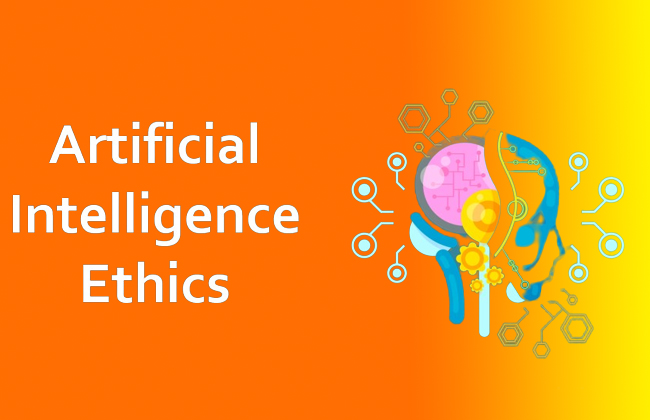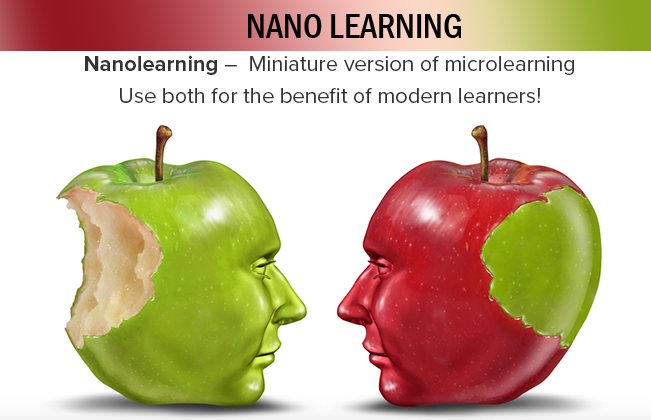Artificial Intelligence (AI) and Automation are two of the most rapidly developing technologies in recent times. They have the potential to revolutionize our lives by improving productivity, enhancing efficiency, and reducing costs. However, as with any new technology, they also come with ethical concerns. In this article, we will explore the ethics of AI and automation and the potential implications they may have on our society.
One of the most pressing ethical concerns is the potential impact of AI and automation on jobs. Many fear that as machines become more intelligent and capable, they will replace human workers, resulting in widespread job loss and economic disruption. While it is true that AI and automation will inevitably change the nature of work, it is important to note that they may also create new job opportunities in fields such as robotics, data analysis, and software development.
Another concern is the possibility of AI and automation perpetuating and even exacerbating existing biases and discrimination. This is because AI systems are trained on large datasets, which can reflect and reinforce societal biases. For example, if an AI system is trained on data that has a bias against women or people of color, it will likely perpetuate that bias in its decision-making process. To mitigate this risk, it is essential to ensure that AI algorithms are designed with fairness and inclusivity in mind and to continuously monitor and audit these systems for bias.
Privacy is another ethical concern that arises with the use of AI and automation. With the increasing amount of data being collected and processed by these systems, it is essential to ensure that user data is protected from unauthorized access or misuse. This includes ensuring that data is encrypted and stored securely and that users have control over their data, including the ability to delete it. Additionally, AI and automation systems should be transparent about their data collection and usage practices to ensure that users are aware of how their data is being used.
There are also concerns about the potential misuse of AI and automation, particularly in military and law enforcement contexts. The development of autonomous weapons, for example, raises questions about the ethics of delegating lethal decision-making to machines. Similarly, the use of facial recognition technology by law enforcement agencies has raised concerns about the potential for abuse and the infringement of civil liberties. To address these concerns, it is important to establish ethical guidelines and regulations governing the development and deployment of these technologies.
Finally, there is the concern of the “black box” problem, which refers to the lack of transparency and explainability of AI and automation systems. This means that it can be difficult to understand how these systems arrive at their decisions or predictions, which can lead to mistrust and skepticism. To address this, it is essential to develop AI and automation systems that are transparent and explainable, allowing users to understand how they work and why they make certain decisions.
In conclusion, AI and automation are powerful technologies that have the potential to transform our world in profound ways. However, they also raise a number of ethical concerns that must be addressed to ensure that they are developed and deployed responsibly. These include ensuring that they do not perpetuate existing biases, protecting user privacy, preventing their misuse, and ensuring transparency and explainability. By addressing these concerns, we can ensure that AI and automation are used for the betterment of society as a whole.
![]()





